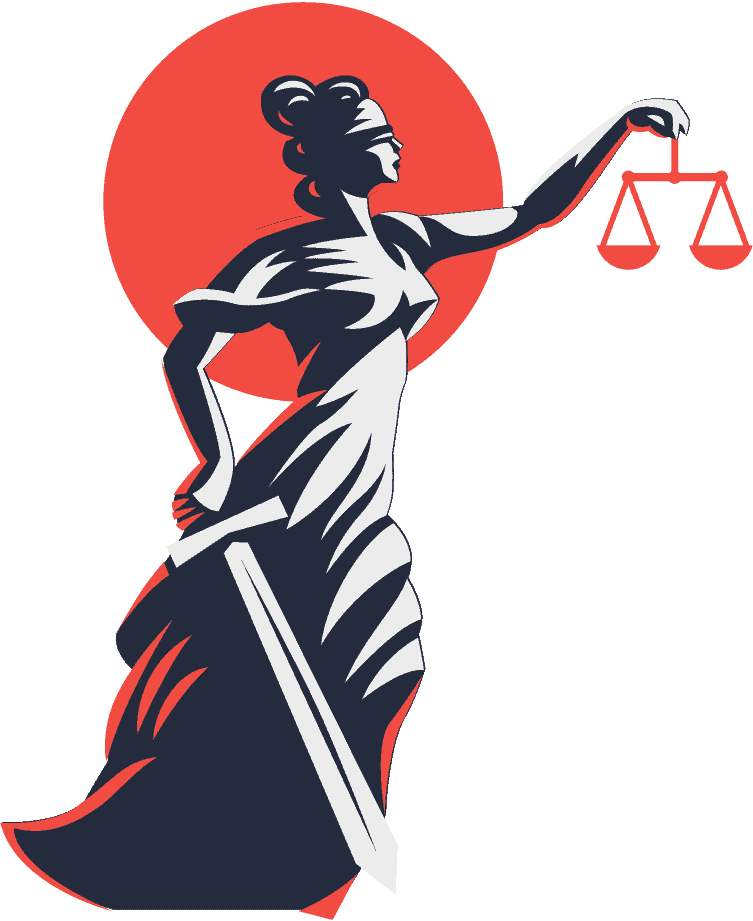Knowing Your Different Bankruptcy Options
Filing for bankruptcy is not as straightforward as anyone would think. There are a lot of things to consider, forms to fill out, and fees to pay. Before you file for anything, you should always get yourself a good bankruptcy lawyer in California who can help you with the decision-making and get you through the whole process. Then you need to consider your bankruptcy options, the process of each chapter, and the benefits you will get from it – if there are any.
Say you have secured the help of a capable bankruptcy attorney, your next step would be to decide which of these bankruptcy chapters fit your financial needs and capacity to pay:
- Chapter 7 – the most common type of bankruptcy in the United States. It’s usually referred to as liquidation bankruptcy as it liquidates an individual’s property to pay off their debts.
- Chapter 9 – is bankruptcy for municipalities.
- Chapter 11 – Can be available to both individuals and businesses. It is also known as the reorganization bankruptcy.
- Chapter 12 – a bankruptcy that applies to farm and fisheries
- Chapter 13 – or a wage earner plan which allows a debtor to pay back their creditors under a reorganization or a better repayment plan
- Chapter 15 – a bankruptcy option dealing with cases from another country.
From everything we mentioned, the chapters that would apply to an individual debtor struggling with debt would be Chapter 7 or Chapter 13. But if you – as the individual debtor – are looking for something straightforward, it would be best to file for Chapter 7 bankruptcy.
Qualifications, Process, Benefits, and Other Legalities
So you have asked for legal help from a trusted bankruptcy attorney, and after careful deliberation, you have decided to file for a Chapter 7 Bankruptcy petition. What next?
You need to take and pass the means test. This test will help the United States bankruptcy court to determine whether you qualify for a Chapter 7 Bankruptcy petition or not.
A means test allows the bankruptcy court to evaluate your income and check if it is lower than your state’s median income for your family size. If and when your family’s total monthly income for the past six months is higher than the state median, the court will deduct your expenses. Once they have determined that you would still have enough disposable income to pay your creditors in a reorganized payment plan, the federal court would recommend you for a Chapter 13. You will only qualify for a chapter 7 bankruptcy if the court has determined that you will not have enough income left after deducting your living expenses, thus creating more financial problems in the future.
Some expenses that may help you pass the means test are:
- Health, Disability, or Term Life Insurance
- Tax Obligations
- Out of pocket health care expenses
- Continuing Charitable Contributions
- Expenses Necessary for your Health and Welfare
Are there any other determining factors for your Chapter 7 Bankruptcy qualifications? Yes, the court checks whether you have:
- Filed a chapter 7 or chapter 13 bankruptcy petition within the past three months that was dismissed due to non-compliance, or you voluntarily rejected filing.
- A Completed or discharged Chapter 7 or Chapter 13 petition within the last six to eight years.
- Committed bankruptcy fraud
When either of the mentioned above is present, the court will deny your bankruptcy petition.
What Happens During Chapter 7 Bankruptcy Petition
A Chapter 7 bankruptcy proceeding can be completed in a matter of six months. One of the most crucial steps in this legal proceeding is getting yourself a lawyer from a reputable bankruptcy firm with an impressive background and bankruptcy services. And with the legal aid of your bankruptcy lawyer, you should file the correct bankruptcy forms to start the bankruptcy case.
After the bankruptcy case has started, these things are expected to happen:
- The bankruptcy court orders an automatic stay – this prohibits your creditors from constantly harassing you for debt collection; stops a home foreclosure, property repossession, and wage garnishment.
- A bankruptcy trustee handles your assets – the United States of Trustee will assign a bankruptcy trustee to manage your listed properties and liabilities throughout the bankruptcy case. The trustee oversees the liquidation of non-exempt properties, sells them, and distributes the money to your creditors for payment.
- You are expected to attend the creditors’ meeting or a 341 hearing – this is a meeting scheduled by the bankruptcy trustee scheduled this meeting where they verify your identity and ask more questions about your finances and your petition.
- You are expected to complete credit counseling from a designated credit counseling agency.
- Take and complete a financial management course.
- Your credit score will be affected – during a filing for bankruptcy, your credit score gets hurt, and this record stays in your credit report for several years.
- Discharged debts – the court will issue your dismissal from making payments to some of your debts. Some, because bankruptcy cannot wipe out all debts.
Debts that will Survive Bankruptcy
There are three different types of debts: Secured debts, unsecured debts, and priority unsecured debts.
- Secured debts are loans with collateral that the creditors can repossess should you default on a loan payment. A perfect example of this type of debt is your mortgage loan and car loan.
- Unsecured debts are your loans without any collateral like your payday or personal loans, credit card debts, medical bills debt, unpaid gym membership, utility bills, and in some cases – student loans.
- Priority unsecured debts – a no collateral debt, but the federal court has determined to prioritize your other debts under the bankruptcy law and should not be discharged. Examples are:
- Alimony
- Child support
- Payment for personal injury you have caused
- Government fees
- Criminal fines
- Other tax obligations
Properties You Can Keep in a Chapter 7 Bankruptcy
As briefly discussed in the earlier parts, Chapter 7 is the liquidation of your assets to pay off your creditors and regain a little bit of financial freedom. But if there is a property you wish to keep after a bankruptcy, you can file for bankruptcy exemption to protect that property from being liquidated.
The following are examples of properties you can file an exemption according to current federal limits:
- Vehicles
- Jewelry
- Pensions
- A portion of unpaid but earned wages
- Household appliances that are reasonably necessary
- A portion of the equity in the debtor’s name
Myths in Filing for Bankruptcy
There are a lot of myths concerning filing for bankruptcy. Among those myths are:
- Chapter 7 will stay and ruin your credit for 7-10 years: This is partly true since bankruptcy dramatically affects your credit. However, it doesn’t necessarily mean that you will have bad credit for years. You can always start rebuilding your credit after a bankruptcy case has been discharged and closed.
- You will not be able to purchase a home or car for at least ten years after bankruptcy filing: False. You can always buy a property, but you will be charged with a slightly higher interest rate.
- It would be best if you had a certain total debt to qualify: This is untrue since there is no debt threshold before you can be eligible.
- People who file for bankruptcy are stealing and can go to jail: FALSE. People who file for bankruptcy primarily struggle with getting out of debt and managing their repayments.
- You can only file for bankruptcy one time: False. If you filed for Chapter 7 bankruptcy and got discharged, you have to wait six years before obtaining a discharge through Chapter 13.
- It is always better to work with a credit counselor to resolve my debts: Credit counseling is good, but the credit counseling agencies have no legal authority to oblige your creditors to agree with any repayment plans.
- Filing for bankruptcy will only hurt your budget even more due to the bankruptcy fees and attorney fees: You will indeed need to pay bankruptcy fees and your bankruptcy attorney’s fees on top of that, but it will be worth it. It would be more disadvantageous if you choose to file for bankruptcy by yourself without much knowledge about the whole proceeding and what happens during a bankruptcy hearing.
Life After Bankruptcy
Once the bankruptcy court has discharged and eliminated your qualified debts, and the bankruptcy case you filed is closed, you will have a new chance to start again. Rebuild your credit, avoid huge debts, and get back on track.
Why You Need to Hire a Bankruptcy Attorney
Aside from the bankruptcy protection, you get after you have successfully filed your petition, a bankruptcy lawyer can also protect you from creditor harassment. With their years of experience handling a bankruptcy case, a good bankruptcy lawyer can give you your money’s worth by providing you with peace of mind during the whole bankruptcy proceeding and protecting you from any uncertainty.
Share This Post!




